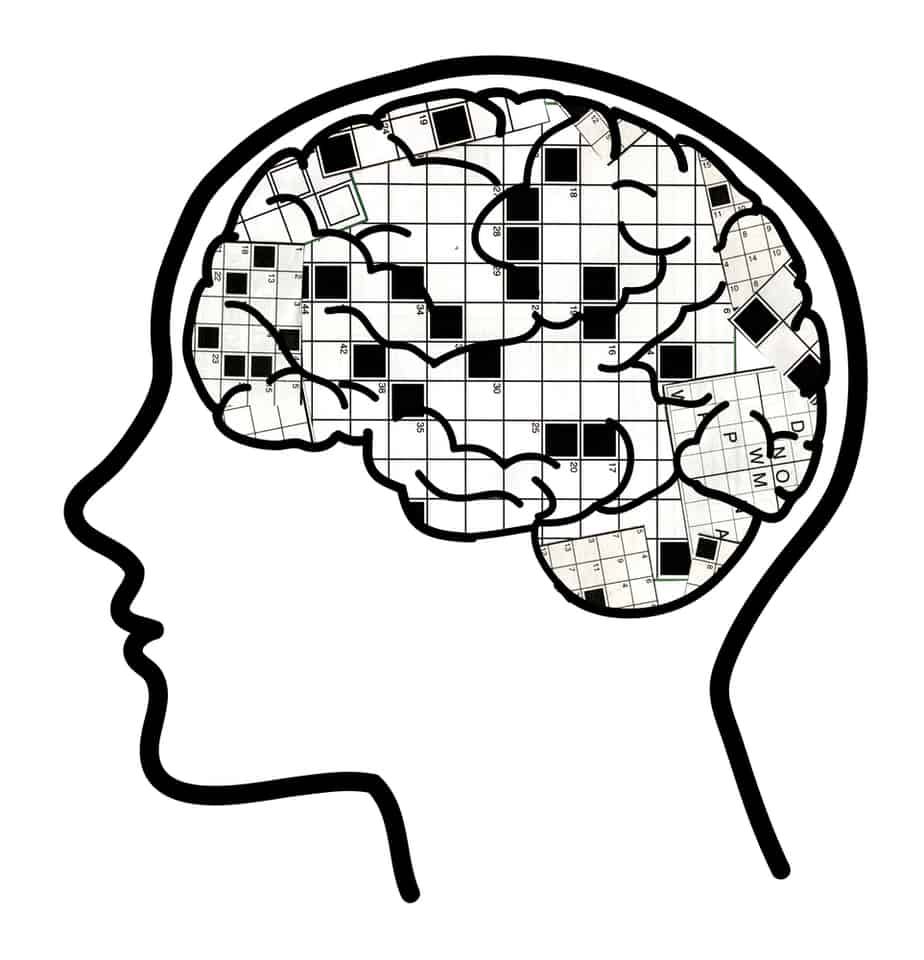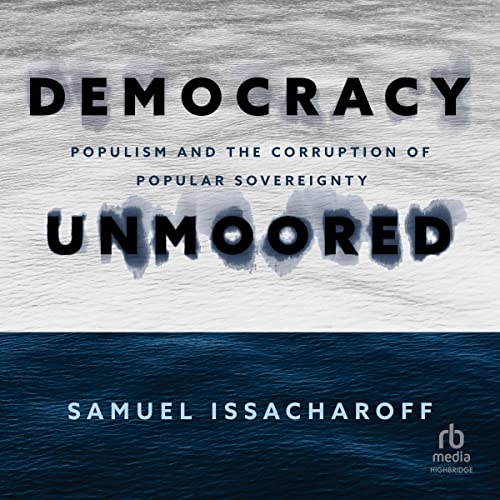I suppose if you see a title suggesting there are an awful lot of ways people can (or maybe do?) fail to be "good democrats," you will expect a political rant about, I don't know, a spineless Congress, or corrupt Judiciary, or the crappiness of the U.S. Constitution, or gerrymandering, or the Electoral College, or winner-take-all elections, or the lack or proportional representation, or whatever. [Maybe you see that title and think, OK, maybe I should be giving more money to some group or other or be going door to door for some stainless candidate. But I'll just stop reading this if Horn is going to rant at me--it's supposed to be the most wonderful time of the year. Anyhow, screw him. He can fix his own house first! I'll watch some football and he can lecture his dog and cat.]
I mean, most people reading this blog wouldn't deny that pretty much any item on the above list--and a ton of other important things mentioned in the news every day--could be the subject of a Walto blog rant. Hell, I have posted harangues along those lines on more than one occasion.
But I don't think there's much new growth in that vineyard. The whole patch is overrun with deadly weeds that will likely kill us all before we know it. There are plenty of pundits worrying out loud on TV and the web about an imminent Trump dictatorship. Most of these pundits seem to me quite correct in so worrying, but their ubiquity seems to make it pointless for me to blather on about the same subjects myself.
Anyhow, let's just agree, even for the sake of argument, that what's called democracy in the U.S. is already pretty bad and going downhill fast. I do think that anybody who disagrees with more than one or two of the facts mentioned above is a bad excuse for a democrat; if, for example, you're a worshipper of the U.S. Constitution, my take is that you are actually afraid of democracy rather than an exponent of it. But whatever; that's not my subject today.
I have a particular democratic failure of a much different kind in mind that I want to prattle about at present. My intended objects are, at least mainly, those who hold one or two philosophical positions, positions that one may not think of in connection with political theory.
And, however Grinchy I may seem on this Xmas day, I'm also not interested in fighting with everybody who disagrees with me on the value of democracy. I mean, there are a handful of present-day philosophers who are willing to say out loud that they don't support democracy. Maybe they think that the general electorate is too dumb or uninformed to be given the power to make rules for everybody who lives near them. As I said, I don't want to have a go at that group either--at least not today. To be honest, I'm kind of impressed that these anti-democrats have the guts to push for epistocracy [government by the wise] publicly, since the idea of "self-government" (you know, something that's both of the people and by the people and has "no taxation without representation, goddammit!") is accepted by nearly everybody nowadays, much like automobiles or microwave ovens or electric guitars. I'm aiming at people who probably say they support democracy, but have philosophical views that are inconsistent with such advocacy.
So, what is this failure that I'm on about, and who are these alleged democratic poseurs already? Let me try to put this as clearly as I can.
I take it that it's people who hold any one of these (or any combination them):
1. The position that what's good for persons or groups has nothing to do with what anybody wants or likes, that it may even be a strictly scientific question, a function of how much the items foster individual or group "flourishing." This might be assessed by, say, measurements of life expectancy in some jurisdiction, or levels of income and its "fair distribution," the availability of open spaces, amounts of pollution, crime, infant mortality, availability of top notch, low cost health care, and/or other such arguably objective and determinable items. (I suggest we call these folks "objective-list theorists." While I take my own position on well-being, "CHOICE Voluntarism," also to be an objective position, it's a function of what people freely choose, not what's good for them whether they want it or not.)
AND/OR
2. The position that elections should be ditched in favor of Sortition, which involves picking leaders by lottery instead. And a leader lottery exists whether or not the group from which leaders may be picked is narrowed down by education level, vocational testing, identity group, or prior experience of those in the pool. (I will refer to this view as "Sortitionism" and such "election denialists" as Sortitionists.")
AND/OR
3. The position that democracy should be supported only because there's nothing clearly better around that can be feasibly used. Maybe someone thinks a wise person or group (or AI device) would be better in theory, but realizes that there'd be so much opposition that the populace (unfortunately) has to be allowed to vote. Or maybe they think there's some other sort of utility case that can be made for democratic governance. (I will call this group "reluctant democrats," since they really would prefer something else, if getting it were feasible. For them, Winston Churchill was absolutely right about democracy being a bad system but the best there is anyhow.)
****************************
FULL DISCLOSURE/MEA CULPA
I want to admit straightaway that I could (and should) have made the point I'm trying to make here in my book, Democratic Theory Naturalized. In a particularly (and arguably too) dense and complicated chapter--one of the two focused on prudential values--I list a bunch of advantages of my own theory of well-being , a view I call "CHOICE Voluntarism." I there mention as that position's virtues: anti-paternalism, value-naturalism, explanatory depth, and the possibility it provides of possibly allowing for the eventual objective calculation of the well-being of individuals and groups. The problem is not only that the last supposed benefit ought to have either been left out or explained more clearly, but also (and more importantly ) that I didn't mention the most important virtue CHOICE Voluntarism provides: being the only position that's consistent with a foundational (i.e., not just utilitarian) demand for self-government. Not mentioning this key point in a book on democracy was obviously a serious error. That's why I'm taking this matter up here. It's not just that it's Xmas.
************************
I'll take up Sortitionism first. Let me start by noting that I am sympathetic with many of the reasons brought up by its backers and the goals they seek. Sortitionists don't like negative or misleading electioneering, campaign finance inequities, the power of incumbency, and various other well-known problems connected either with elections or government by elected officials or both. They seek to eliminate these problems simply by doing away with elections completely and instead picking leaders by lot.
However, I contend that they are throwing out the baby (democracy) with the bath water (election problems). They will likely deny this and claim that, in any case, the earliest democracies in ancient Greece used sortition rather than elections. To some extent, then, this is no more than a definitional dispute--with each side preferring a different meaning for the word "democracy." I would suggest extricating ourselves from that battle by not using the word in contention at all, and switching to "self-government." I take it that self-government must require the citizenry getting who it wants for its leaders. If Sortitionists want to take the (to my mind odd position) that self-governed polities are not democracies, they can do so and I will be satisfied in simply noting (loudly) that Sortitionists oppose self-government. They don't want to allow the people to get what they want, but will rather impose upon polities leaders whom the majority very likely does not want--because, they say, it's good for them. If you want to join these theorists in calling sortition true democracy, you can do so, but I don't see in what way it's much different from seeking an allegedly wise "philosopher king" to make all the laws and execute them.
Sortitionism is, of course, closely related to --because it's a suggested way of implementing--objective list theory. That is, Sortionists are quite likely to hold, independently of the election problems mentioned above, that we would have better leaders than we have if we selected them in some other way than by asking an electorate who they'd like to have as their leaders. Well, what would make these leaders who are chosen by lot "better"? According to the Sortitionist, too many elections end up with leaders who do the wrong things, like distributing income unfairly or starting wars or giving short shrift to free health care. In other words, these theorists believe there is a true list of what's good for societies that may be entirely unconnected to what the citizens actually want. Some people just know better. Like Maslow.
It should be easy to see, then, that both 1. and 2. above are much more consistent with autocracy than with democracy (at least insofar as the latter term is understood as requiring self-government).
That just leaves the reluctant democrats of paragraph 3. Those are the folks that will say, "OK, we do have to have elections because nobody wants to return to a monarchy or let some other person, group or super computer run a place just because somebody insists those leaders would do the right thing for everybody better than anybody (or anything) else could. But this reluctance is just a function of there not being any good way to get these actually wise leaders in power. There would surely be fights about which leader would be best. Or, again, reluctant democrats might concede that science isn't as far along as Maslow or other objective list theorists think, meaning that it might still be best to ask people what they'd like their governments to do. Either way, on their view, even if democratic systems are the best we can do--for the present anyhow--they still stink.
I take it that none of those three positions is actually supportive of self-government, but I'd be willing to bet that most philosophers and political theorists who support either objective list theories of well-being or sortition don't realize that their views necessarily make them hostile to authentic democracy.
Well, what I say is: Authentic democracy has enough enemies as it is. Inconsistent supporters don't actually help matters at all. So, get a new plan, Stan.












